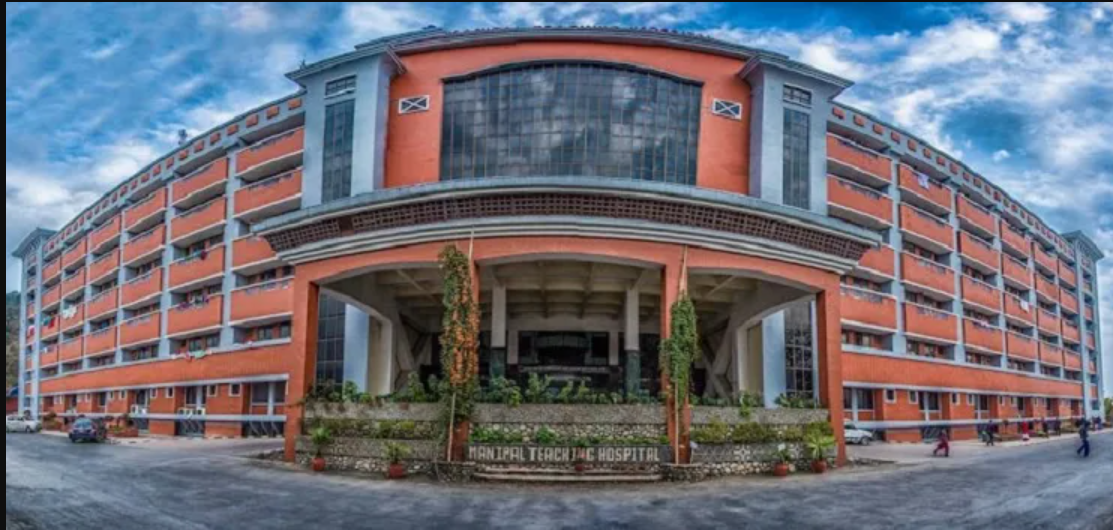Learning is a process that shapes our lives and the world around us in profound ways. As human beings, we are naturally curious, and we continuously seek to learn and acquire new knowledge and skills. Learning is not limited to formal education; it can occur through everyday experiences, interactions with others, and personal exploration.
Here are some ways learning shapes our lives and the world around us:
Personal Growth:
Learning helps us grow as individuals, develop new skills and knowledge, and discover new perspectives and ideas. It provides opportunities for self-improvement and personal development, which can lead to greater happiness, fulfillment, and success in life. Learning can also help us overcome challenges and obstacles, build resilience, and adapt to change.
Professional Development:
Learning is essential for career growth and professional development. It helps individuals acquire new skills and knowledge, stay updated with the latest trends and technologies, and improve their performance on the job. Continuous learning can also lead to do my assignment websites career advancement, higher earning potential, and greater job satisfaction.
Innovation:
Learning is a catalyst for innovation and progress. It drives creativity and inspires new ideas, products, and services. Learning enables individuals and organizations to adapt to changing circumstances, anticipate future trends, and seize new opportunities. In a rapidly changing world, those who learn and innovate are more likely to succeed and thrive.
Social Interaction:
Learning is a social process that occurs through interaction with others. It helps individuals connect with people from different backgrounds, assignment help websites cultures, and perspectives, and promotes social cohesion and understanding. Learning can also help build strong communities and foster positive relationships among individuals and groups.
Personal Fulfillment:
Learning can be a source of personal fulfillment and satisfaction. It allows individuals to pursue their interests and passions, explore new hobbies and activities, and discover new talents and abilities. Learning can also provide a sense of purpose and meaning in life, as individuals pursue their goals and aspirations.
Social Progress:
Learning is essential for social progress and development. It enables individuals and societies to address complex issues and challenges, such as poverty, inequality, and climate change. Learning can also empower individuals to participate in civic life, exercise their rights and responsibilities, and contribute to the common good.
Cultural Preservation:
Learning is vital for preserving cultural heritage and traditions. It enables individuals and societies to understand and appreciate their history, values, and customs, and pass them on to future generations. Learning can also help bridge cultural divides, promote mutual respect and understanding, and foster a sense of shared humanity.
In conclusion, learning is a fundamental aspect of human life that shapes our personal and professional growth, drives innovation and progress, promotes social interaction and cohesion, provides personal fulfillment and satisfaction, enables social progress and development, and preserves cultural heritage and traditions. By embracing learning as a lifelong process, we can continuously improve ourselves and contribute to a better world.




